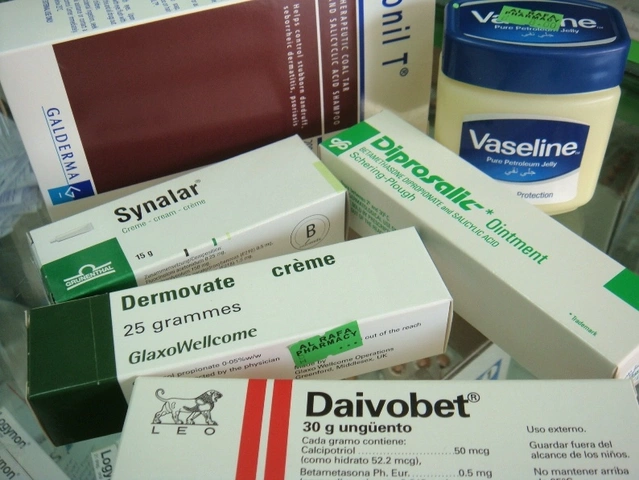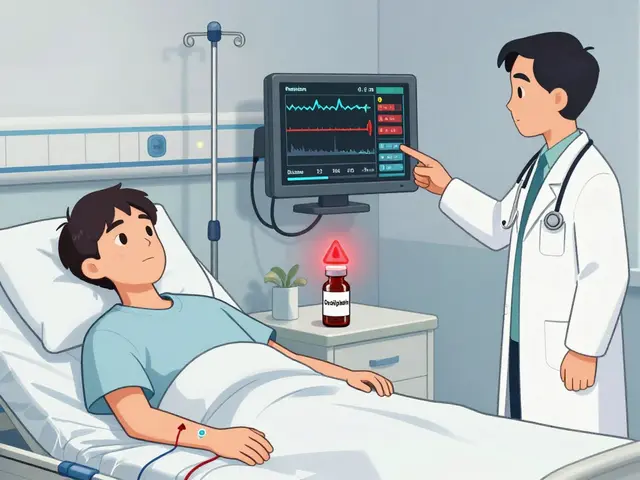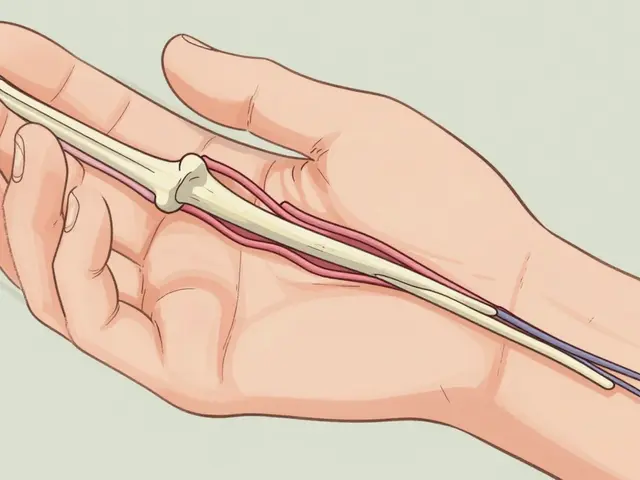Introduction to Lamivudine Drug Interactions
Lamivudine is a medication commonly used to treat HIV and hepatitis B infections. As a patient or healthcare provider, it's essential to be aware of the potential drug interactions that can occur with lamivudine. This article aims to provide you with the necessary information to ensure safe and effective use of this medication. The following sections will discuss the various drug interactions and provide guidance on how to manage them.
Understanding the Importance of Drug Interactions
Drug interactions, in general, can lead to a variety of issues, including reduced effectiveness of the medications, increased risk of side effects, and potential toxicity. Understanding the importance of drug interactions is crucial for both patients and healthcare providers. By being aware of the potential interactions, you can work together to make informed decisions about the medications you are taking or prescribing. This will help ensure that you receive the maximum benefits from your treatment while minimizing the risks.
Common Medications that Interact with Lamivudine
There are several medications that are known to interact with lamivudine. Some of these include:
Antiviral medications
Other antiviral medications, such as zalcitabine, can interfere with the effectiveness of lamivudine. If you are taking multiple antiviral medications, it's important to discuss this with your healthcare provider to determine the best course of action.
Interferon-based medications
Interferon-based medications, used to treat hepatitis C, can interact with lamivudine and potentially increase the risk of side effects. Be sure to inform your healthcare provider if you are taking any interferon-based medications.
Trimethoprim/Sulfamethoxazole
Trimethoprim/sulfamethoxazole, a common antibiotic, can increase the levels of lamivudine in your body. This can lead to a higher risk of side effects. Inform your healthcare provider if you are prescribed this antibiotic while taking lamivudine.
Managing Lamivudine Drug Interactions
Proper management of lamivudine drug interactions is crucial for ensuring the safety and effectiveness of your treatment. The following steps can help you effectively manage these interactions:
Keep an updated medication list
Maintain a list of all the medications you are taking, including prescription medications, over-the-counter medications, and dietary supplements. Share this list with your healthcare providers at each visit to help them make informed decisions about your treatment.
Communicate with your healthcare providers
Keep an open line of communication with your healthcare providers. Inform them of any changes in your medications or if you experience any side effects. This can help them adjust your treatment plan accordingly.
Follow the prescribed treatment plan
Adhere to the prescribed treatment plan, including dosing schedules and any additional instructions provided by your healthcare provider. This can help minimize the risk of drug interactions and ensure the effectiveness of your treatment.
Monitoring for Side Effects and Adverse Reactions
It's essential to monitor for side effects and adverse reactions while taking lamivudine, especially if you are taking other medications that may interact with it. Some common side effects to watch for include:
- Headache
- Nausea
- Vomiting
- Diarrhea
- Fatigue
If you experience any of these side effects or any other unusual symptoms, inform your healthcare provider immediately. They can help determine if the side effects are due to a drug interaction and adjust your treatment plan accordingly.
Conclusion
In conclusion, understanding lamivudine drug interactions is crucial for ensuring the safe and effective use of this medication. By being aware of the potential interactions and taking the necessary steps to manage them, you can work together with your healthcare provider to achieve the best possible treatment outcomes. Always communicate openly with your healthcare provider, and don't hesitate to ask questions about your medication and any potential interactions.







June 2, 2023 AT 19:00
Hey everyone 😊! I just wanted to stress how crucial it is to keep an up‑to‑date list of every medication you’re taking, including over‑the‑counter drugs and supplements 🩺. Lamivudine can interact with a surprisingly wide range of agents, from other antivirals to common antibiotics like trimethoprim‑sulfamethoxazole 👍. When you bring this list to every appointment, you give your provider the best chance to spot potential problems early. Don’t forget to mention any herbal remedies or vitamins, because even seemingly harmless supplements can shift drug levels. If you’re prescribed interferon‑based therapies, double‑check dosing schedules to avoid stacking side effects. Communication is a two‑way street: ask your clinician to explain why any new medication is needed and how it might affect your current regimen. Monitoring for side effects such as headache, nausea, or fatigue is essential, and you should report any new symptoms right away. Staying organized can prevent unnecessary hospital visits and keep your treatment on track. Remember, the goal is to maximize the benefits of lamivudine while minimizing risks. Feel free to share your own tips for medication management – the community learns best when we help each other 👫. Keep your health records digital if you can; apps make sharing information with doctors a breeze. And always double‑check pharmacy labels – a tiny mix‑up can have big consequences. Finally, never hesitate to ask for clarification if something sounds confusing; your health is worth that extra minute. Stay safe, stay informed, and keep those conversations open! 😊